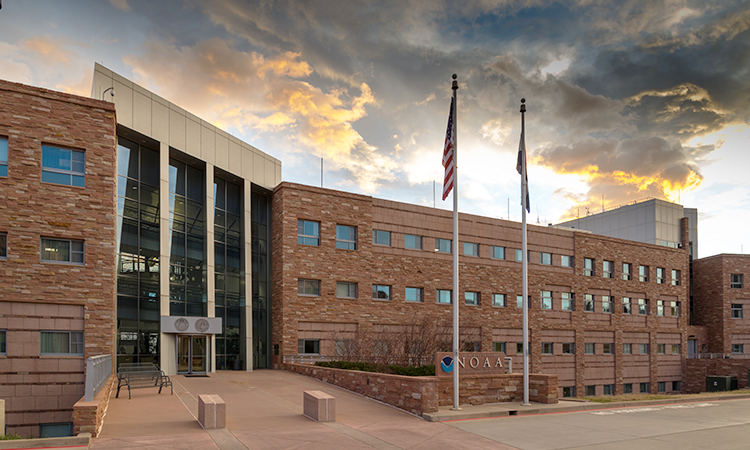Seminar
Recent trends in wildfire and strategies for adaptation in the western US

Tania Schoennagel, University of Colorado
Wednesday, November 13, 2019, 3:30 pm Mountain Time
DSRC 2A305
Abstract
Wildfire activity and its impacts on human and natural communities have increased significantly in recent decades primarily across the western US, in response to warming, fuels build up, and expansion of residential communities into fire-prone ecosystems. In this talk I will present a broad overview of recent trends in wildfires in the US, discuss current wildfire management policies, and explore strategies for adaptation to wildfire to reduce risks to communities. New adaptive approaches are needed to manage increasing wildfire risks and costs. Improvements in building, forest management and burning can help communities and ecosystems adapt to increasing wildfire as climate continues to change.
Tania Schoennagel is a Research Scientist in the Department of Geography and Institute of Arctic and Alpine Research (INSTAAR) at the University of Colorado. Her research addresses the causes and consequences of western forest disturbances, primarily wildfire and insect outbreaks, through an integration of field studies, dendrochronology, GIS and modeling. She earned a B.A in History at Dartmouth College, followed by Master's degrees in Conservation Biology and Geography, and a PhD in Botany and Zoology from the University of Wisconsin. She completed an NSF Postdoctoral Fellowship in the Department of Geography at the University of Colorado.
ALL Seminar attendees agree not to cite, quote, copy, or distribute material presented without the explicit written consent of the seminar presenter. Any opinions expressed in this seminar are those of the speaker alone and do not necessarily reflect the opinions of NOAA or CSL.